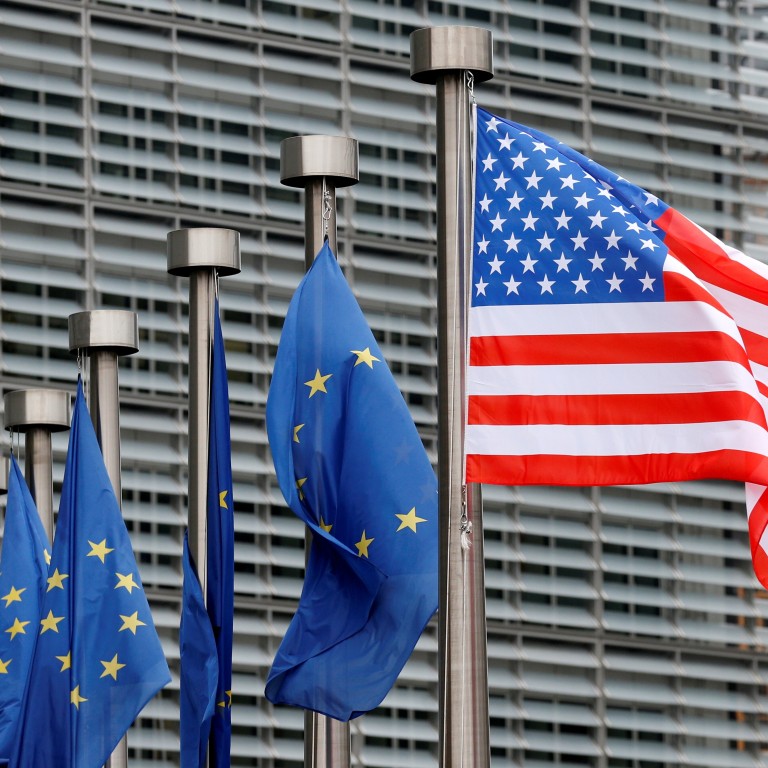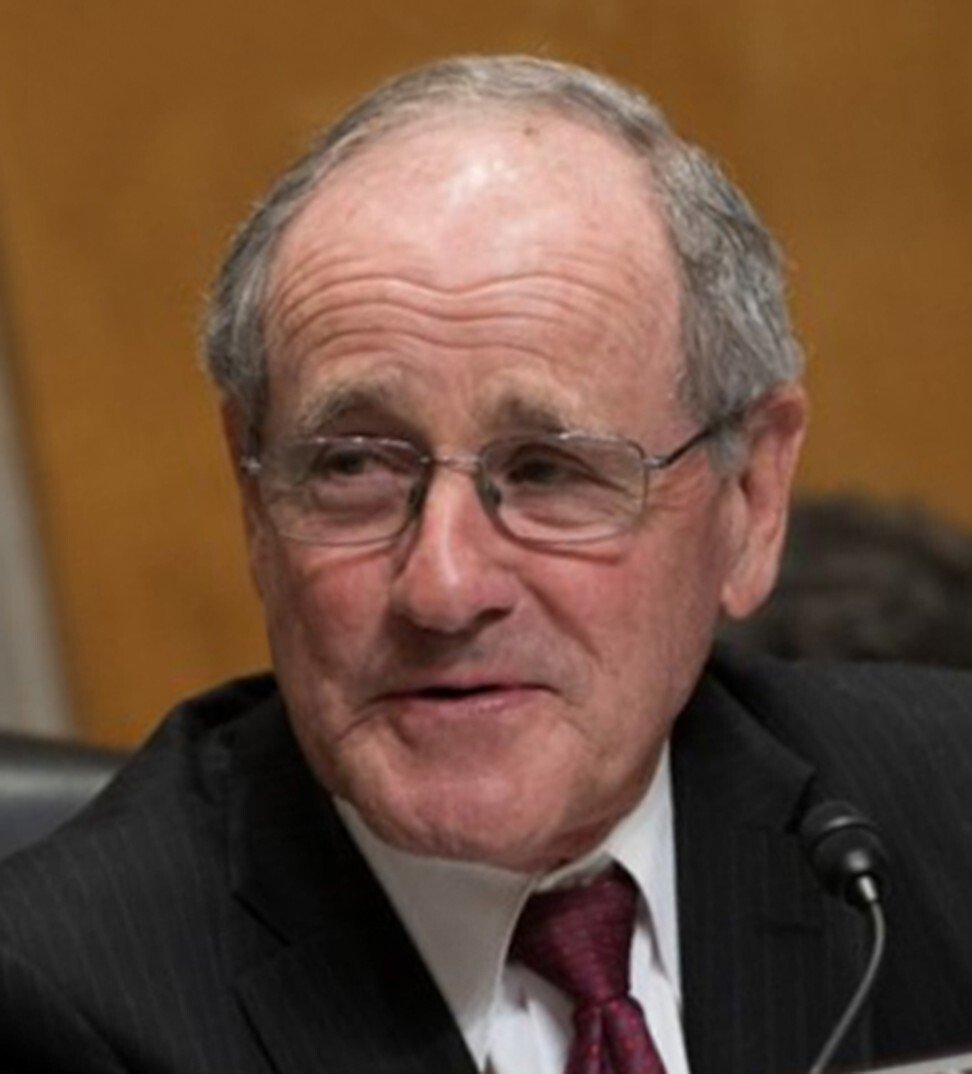
US and EU should join forces to check China’s influence in Africa, Indo-Pacific, Republican senator proposes
- Report by chairman of US Senate Foreign Relations Committee says a transatlantic partnership could foster private-sector investment and ensure maritime security
- The next steps are ‘to build upon the existing political will to cooperate in the region and to decide where to focus and what cooperation means in practice’
Cooperation between the United States and European Union is “all the more important” in the Indo-Pacific and Africa to counter growing Chinese influence in those areas, according to a new report by the chairman of the US Senate Foreign Relations Committee.
This comes as the EU is reportedly planning to ask US President-elect Joe Biden’s incoming administration to seize a “once in a generation” opportunity to forge a new global alliance to meet the “strategic challenge” posed by China.
Calls for a transatlantic alliance are on the rise in the US and Europe after Biden’s victory over Donald Trump, who has adopted a hostile attitude toward the EU and insisted on tackling China by Washington’s own means.
The report said the next steps “are to build upon the existing political will to cooperate in the region and to decide where to focus and what cooperation means in practice”.
US-EU coordination has been much weaker in the Indo-Pacific than in Africa, according to the report.
“The degree to which China can dominate the Indo- Pacific will have a direct impact on its ability to project power globally,” it said.
“As both the United States and Europe increasingly prioritise the Indo-Pacific, transatlantic cooperation is forming in the region, though much more nascent than in Africa,” it added.
Nato must focus harder on China’s military rise, urges report
Most Indo-Pacific countries are generally seen as a close security partner for the US, while Africa is considered by the EU as a “neighbour” because of the close geographical and security links.
Beijing has made vast investments in Africa through the Belt and Road Initiative, while it recently signed the Regional Comprehensive Economic Partnership (RCEP) deal with most Asia-Pacific economies, creating the world’s largest free trade bloc.
In another development, the Financial Times reported on Sunday that the European Commission, the executive arm of the EU, is preparing a detailed proposal to the US to form a new global alliance to meet the strategic challenges posed by China.

The draft policy, titled “A New EU-US Agenda for Global Change”, proposes joining forces to shape the digital regulatory environment, including by adopting common approaches to antitrust enforcement and data protection, cooperating on screening of sensitive foreign investments, and working together to fight threats such as cyber-hacking, the British media reported.
“As open democratic societies and market economies, the EU and the US agree on the strategic challenge presented by China’s growing international assertiveness, even if we do not always agree on the best way to address this,” it added.
An EU spokesman did not respond to a request for comment.
The paper, produced jointly by the commission and the EU’s high representative for foreign policy, is expected to be submitted for endorsement by national leaders at a meeting on December 10-11, according to the report. It suggests an EU-US summit in the first half of 2021 as the moment to launch the new transatlantic agenda.

